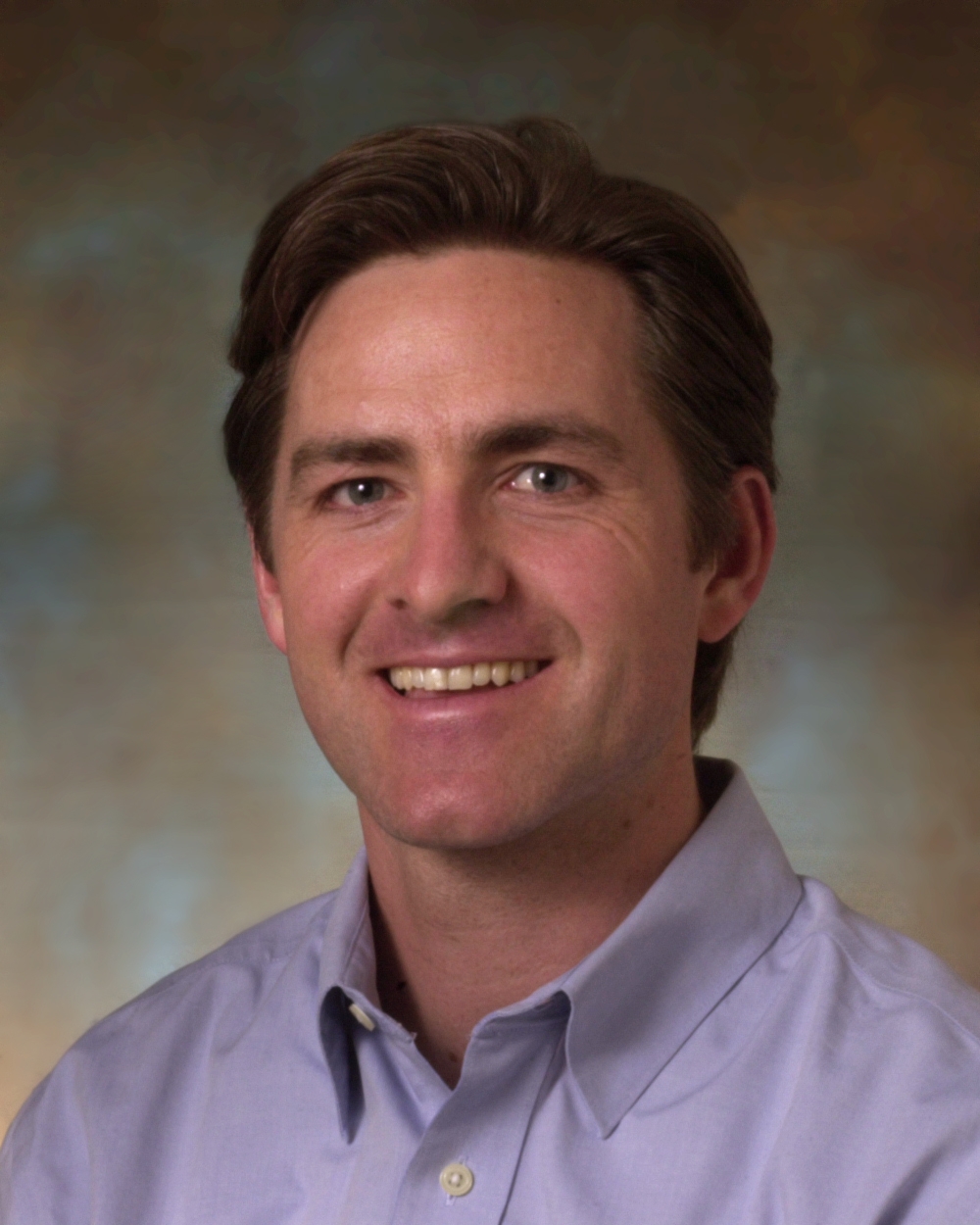June 2023 Champion
William Weppner, MD, MPH, FACP
 The tipping point for Dr. William Weppner came around 2017, in the summer wildfire tsunami that swept the West — and with one particular patient. That season, smoke particulates clouded the Northwest like fog. The patient came to the Veterans Affairs medical center in Boise, Idaho after having spent several days on the road. He was having an exacerbation of chronic obstructive pulmonary disease. He was admitted and went quickly to the intensive care unit.
The tipping point for Dr. William Weppner came around 2017, in the summer wildfire tsunami that swept the West — and with one particular patient. That season, smoke particulates clouded the Northwest like fog. The patient came to the Veterans Affairs medical center in Boise, Idaho after having spent several days on the road. He was having an exacerbation of chronic obstructive pulmonary disease. He was admitted and went quickly to the intensive care unit.
Both the vet and Dr. Weppner gained something from that experience. The patient recovered; Dr. Weppner, a general internal medicine and primary care doctor by background (and academic medicine section chief at his medical center), treated him and counseled him about the dangers of Idaho’s new risky reality. Dr. Weppner came away with a heightened concern about the climate change which likely contributed to the drought and heat that intensified the wildfires. He framed his reaction to the patient interaction in the context of a 2016 policy statement by the American College of Physicians that spoke to the health effects of climate change. And he realized that as a primary care provider, “I was in a position to do something.”
Dr. Weppner began taking part in an Environmental Health Interest Group of the Society of General Internal Medicine. He started doing talks, including grand rounds, and teaching more about climate change and health to University of Washington medical students and residents at the VA medical center (he’s a UW associate professor). And he started serving as a clinician advisor to a nonpartisan group of Idaho universities and businesses on the health and economic aspects of climate change. His other positions include serving as the Medical Society Consortium’s liaison to the SGIM.
Although he is doing a lot, Dr. Weppner realizes he is sowing in rocky ground. Idaho is not exempt from climate change, but many VA patients as well as others in Idaho are, let’s say, not enthusiastic about the climate change idea. Dr. Weppner tries to teach people how climate change affects them. In the clinical setting, he focuses on the health care part — in the Northwest, this includes allergies and asthma exacerbation, as well as wildfire and literally killer heat waves. His crucial point: “We can agree to disagree, but I’m still going to be your doctor and take care of you.”
